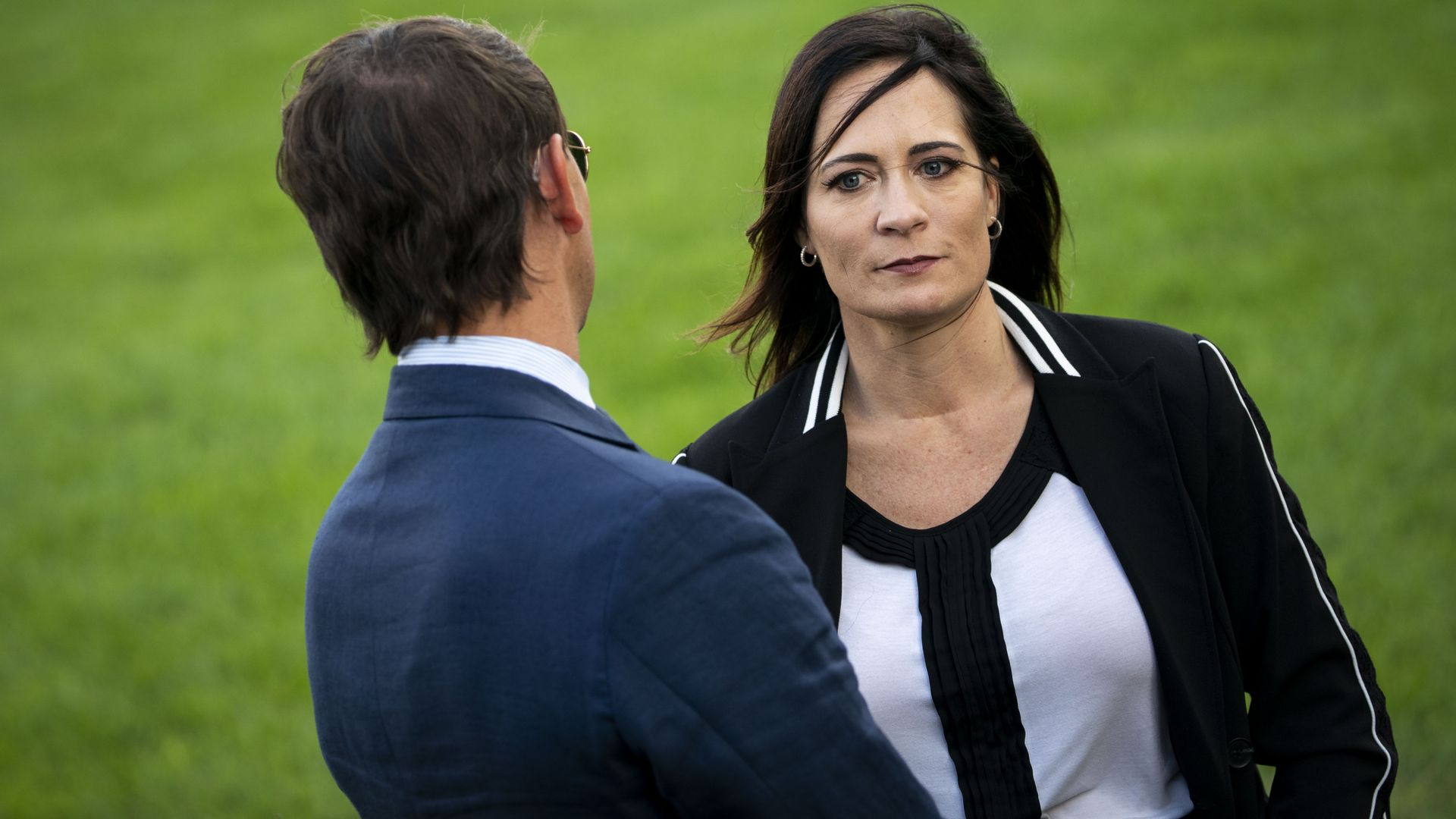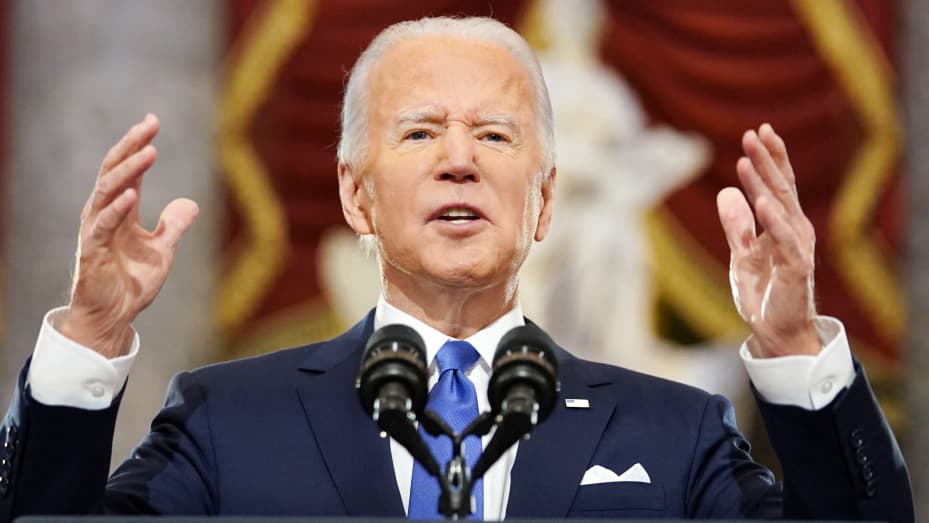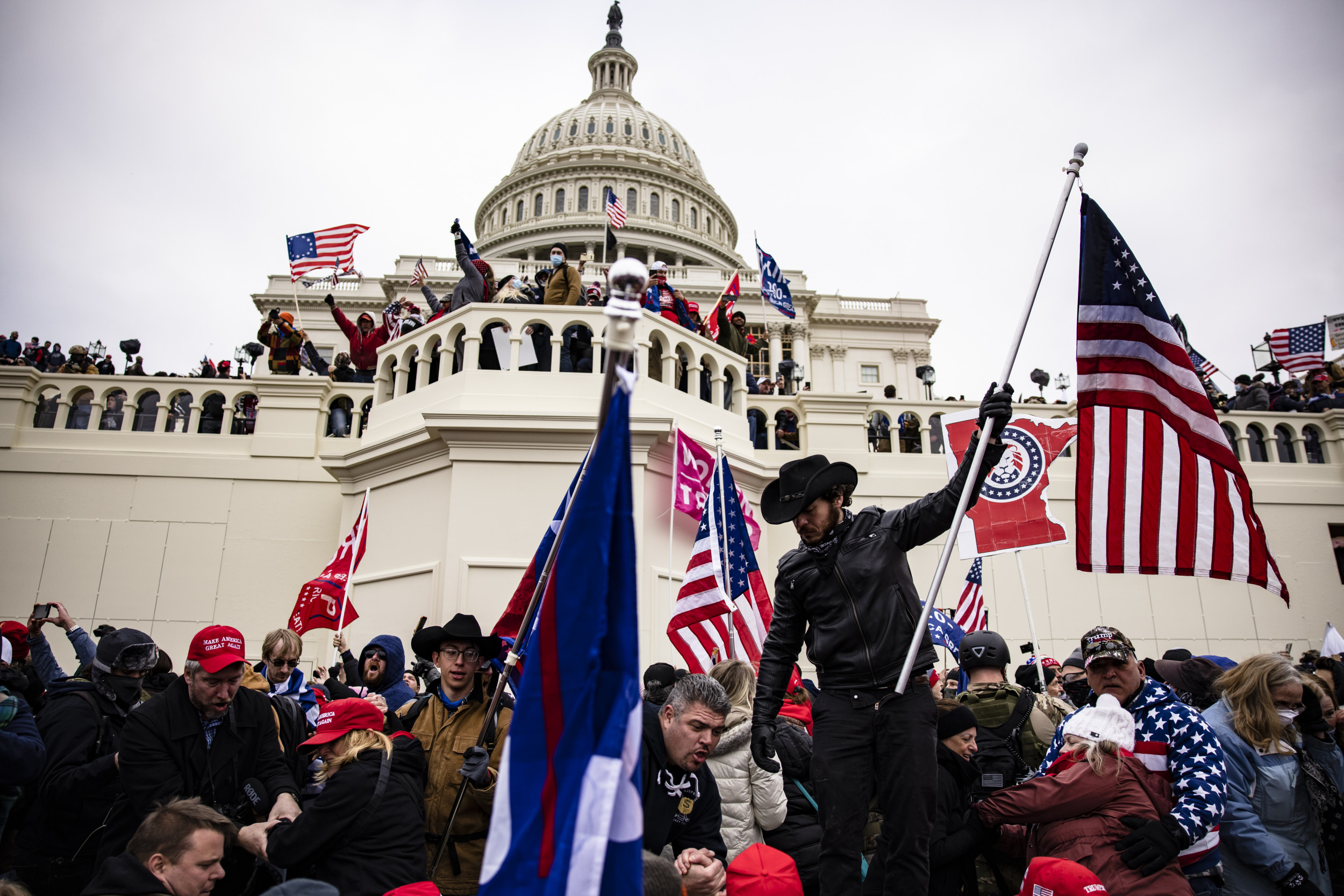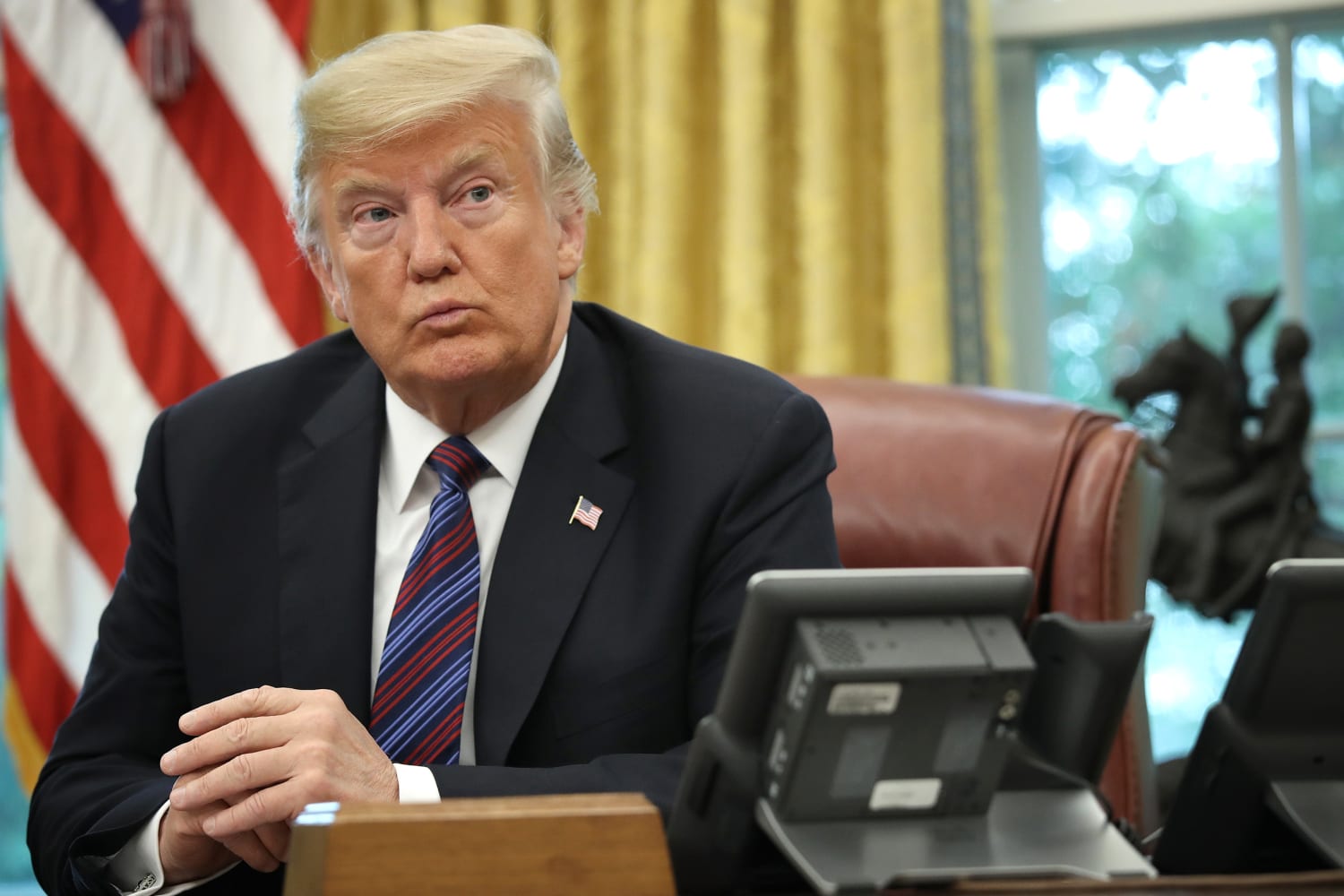Created under the Nixon Administration, National Public Radio was intended to be funded by taxpayers for the people. To keep the nation current on news without corporate influence through funding opportunities. As Ralph Nader points out in his recent newsletter, NPR should consider acting upon these 'New Year's Resolutions' outlined below to return to its original mission:
Eight New Year’s Resolutions for NPR to Consider Now
The reasons Congress created NPR (National Public Radio) under the Nixon Administration was to fill the yawning gaps of commercial radio in local, national, and international news coverage and to give voice to the people, without ads. It was to be publicly funded by taxpayers. Almost 51 years later, NPR is now funded heavily by national corporations, with its local affiliates soliciting local business advertisements.
Resolution One: Apart from excellent features around the country and the world, NPR should give voice to what civic groups are doing to improve our country locally and nationally. NPR is heavy on entertainment and entertainers and needs to fill some of that airtime with news of the bedrock civic community in America. The imbalance is serious from the national to the local.
Resolution Two: NPR features many reports and interviews on Race, but needs far more focus on Class. Class exploitation by the rich and powerful corporate supremacists feeds into racial discrimination. The euphemism used is “inequality,” but corporate-bred crime, fraud, and abuse affects all people indiscriminately, which often disproportionately harms minorities. A result of the gross imbalance of time devoted to race and not to class is that indiscriminate injustice is mostly ignored.
Over sixty million very poor whites in our country, if they even bothered to listen to NPR, might ask: “What About Us?”
Focusing on racial plights, without going to its sources in commercial greed, redlining, exploited tenants, lower pay and poverty, substandard health care, rampant overcharging of the poor (recall the book, The Poor Pay More: Consumer Practices of Low-Income Families by David Caplovitz), greater difficulty getting loans, and discrimination against upward mobility to corporate executive ranks, are some examples of systemic commercialism fueling systemic racism.
NPR’s collateral benefit from this inattention is that business advertisers large and small love NPR and its affiliates. This is especially the case for corporations with bad records. NPR should reject ads from disreputable or criminal corporations.
Resolution Three: Stop mimicking commercial radio. NPR’s three-minute news segments on the hour often don’t even match the quality of CBS Radio’s choice of topics. For example, why is tennis star Novak Djokovic’s visa problems in Australia at the top of NPR news day after day? As for commercials, NPR stretches the envelope, airing, with its affiliates, as many as 30 ads per hour! Imagine the audience irritation. How many times do we have to hear each hour “NPR is supported by this station…”? NPR gives abundant repetitive ad time to the same few advertisers—Progressive Insurance, C3.AI, etc., that one wonders whether they are assured of exclusivity vis-à-vis competitors. Moreover, NPR starts the evening program Marketplace with ads, which the commercial networks do not do.
Your listeners want you to decongest your ads and some may want to know why you have given up on reversing the relative decline of congressional appropriations. You give ample time to loud right-wingers and right-wing causes. Why aren’t you gaining bipartisan support for more congressional funding?
Resolution Four: Compress the weather forecasts. Back in 1970-1971, Congress knew that commercial radio stations gave plenty of time to weather, traffic, sports, and music. That is still true. So why does WAMC in Albany, an NPR local affiliate, have such lengthy forecasts, some starting with the west coast, with ludicrous repetition for adjacent areas? WAMC is above average in covering local and state governments and candidates for public office with full-time staff.
Resolution Five: NPR should re-evaluate its music policy. NPR takes its weekends seriously, so much so that they take off right at 6:00 pm on Saturday and Sunday evenings. “Let them hear music,” for the rest of the time, as if the world stops then. Also, musical intervals are often too long, inappropriate for their context, and foolishly interjected. NPR’s evening program Marketplace, anchored by jumping-jack Kai Ryssdal, illustrates these observations. Even while he is rapidly giving the stock market numbers, there is background music loud enough to be considered foreground.
Resolution Six: Reconsider the uniform formulaics shackling your reporters. They respond to the anchor’s inquiry with a zigzag between their sound bites and corroborating sound bites from consulting firms, think tanks, and academic commentators. This model has a tedious staccato ring to it, especially since the reporters often, by way of their introduction, repeat what the interviewees are going to say.
Resolution Seven: Correct or explain your major faux pas. NPR staff need tutorials on the constitutional authority of Congress. NPR needs to explain to its listeners why, with all that staff in Washington D.C., it took about 90 minutes (or until about 3:30 pm) to start telling its affiliates about the Jan. 6 violent assault on Congress. Commercial CNN and other commercial media started reporting no later than 2:00 pm that fateful day. “And that’s not the only time NPR has messed up,” said one reporter for WAMC (that annually pays NPR a million dollars for NPR programming).
Resolution Eight: Give your Public Editor, Kelly McBride, a regular public time slot to discuss her insights, presently communicated mostly internally, and to address serious feedback from your listeners about NPR’s broadcasting flaws. (Local affiliates invite political opinions, personal development, and ‘how to’ questions on related shows).
Ms. McBride could share the program with NPR’s CEO—a position more remote from the NPR public every decade. Hear ye John Lansing! Among other benefits, you’ll get good suggestions for important, little-told news stories. (See reportersalert.org)
Congress should hold long needed public hearings in both the Senate and the House of Representatives to ascertain whether the original missions accorded public radio and public broadcasting are being pursued both qualitatively and quantitatively, and whether these networks and their affiliates have steadily strayed from those missions, due in part to the absence of mechanisms for public evaluations and congressional oversight.
There is so much to learn about NPR and PBS about their relations with American Public Media, the BBC, and other connections, to make them better and raise the expectations of their listening audience.
It’s hard not to be complacent when you have so little competition from the commercial stations that for decades have debased our publicly owned airwaves, free of charge.
I could not agree more Mr. Nader. Well said. Let's return to radio for the people. Cover issues that matter to all Americans Nationally and locally.







